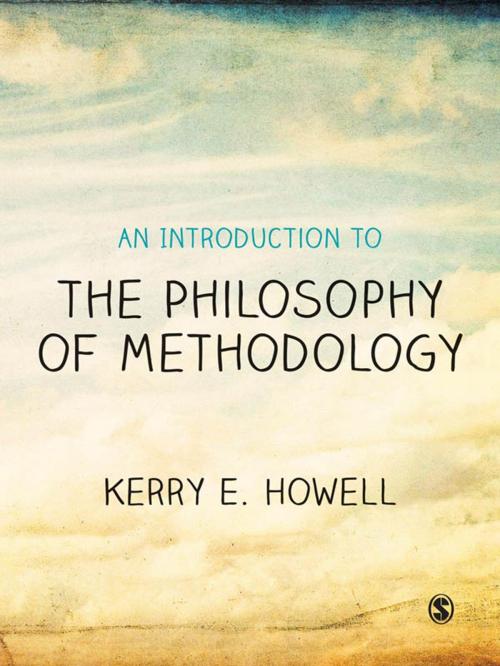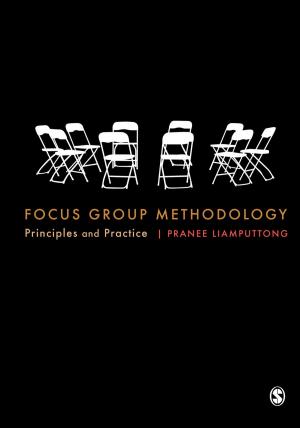An Introduction to the Philosophy of Methodology
Nonfiction, Religion & Spirituality, Philosophy, Methodology, Reference & Language, Reference, Research| Author: | Kerry E Howell | ISBN: | 9781446290620 |
| Publisher: | SAGE Publications | Publication: | November 13, 2012 |
| Imprint: | SAGE Publications Ltd | Language: | English |
| Author: | Kerry E Howell |
| ISBN: | 9781446290620 |
| Publisher: | SAGE Publications |
| Publication: | November 13, 2012 |
| Imprint: | SAGE Publications Ltd |
| Language: | English |
This book provides students with a concise introduction to the philosophy of methodology. The book stands apart from existing methodology texts by clarifying in a student-friendly and engaging way distinctions between philosophical positions, paradigms of inquiry, methodology and methods. Building an understanding of the relationships and distinctions between philosophical positions and paradigms is an essential part of the research process and integral to deploying the methodology and methods best suited for a research project, thesis or dissertation.
Aided throughout by definition boxes, examples and exercises for students, the book covers topics such as:
- Positivism and Post-positivism
- Phenomenology
- Critical Theory
- Constructivism and Participatory Paradigms
- Post-Modernism and Post-Structuralism
- Ethnography
- Grounded Theory
- Hermeneutics
- Foucault and Discourse
This text is aimed at final-year undergraduates and post-graduate research students. For more experienced researchers developing mixed methodological approaches, it can provide a greater understanding of underlying issues relating to unfamiliar techniques.
This book provides students with a concise introduction to the philosophy of methodology. The book stands apart from existing methodology texts by clarifying in a student-friendly and engaging way distinctions between philosophical positions, paradigms of inquiry, methodology and methods. Building an understanding of the relationships and distinctions between philosophical positions and paradigms is an essential part of the research process and integral to deploying the methodology and methods best suited for a research project, thesis or dissertation.
Aided throughout by definition boxes, examples and exercises for students, the book covers topics such as:
- Positivism and Post-positivism
- Phenomenology
- Critical Theory
- Constructivism and Participatory Paradigms
- Post-Modernism and Post-Structuralism
- Ethnography
- Grounded Theory
- Hermeneutics
- Foucault and Discourse
This text is aimed at final-year undergraduates and post-graduate research students. For more experienced researchers developing mixed methodological approaches, it can provide a greater understanding of underlying issues relating to unfamiliar techniques.















